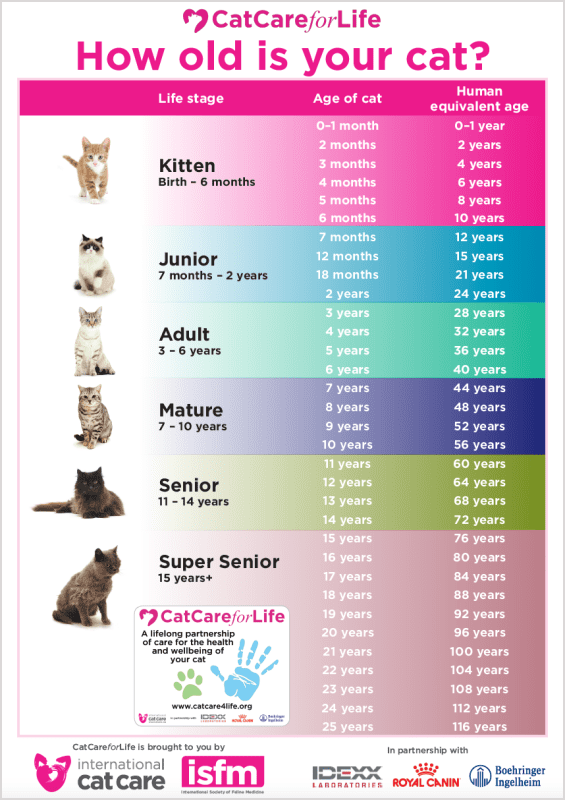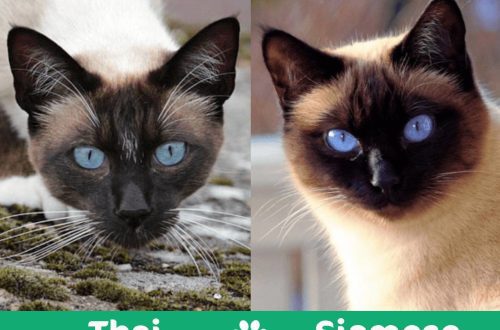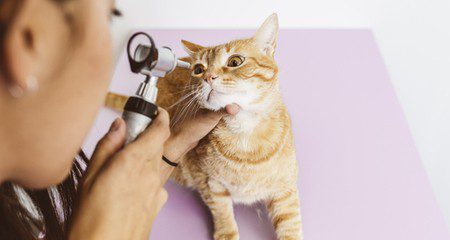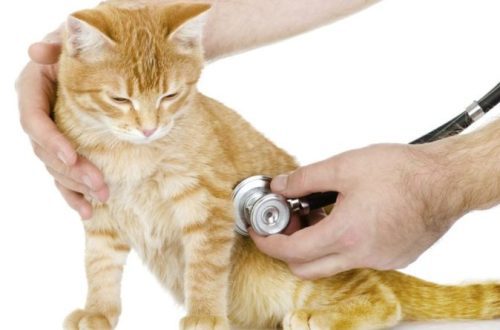
O le a le umi e ola ai pusi ile averesi ile fale?
They say that cats have 9 lives. Perhaps this is so – but a cat shares only one of them with a person. How long will the joint trip last and are there any chances to stay in it?
Mataupu
O le a le umi e ola ai pusi ile averesi ile fale?
Domestic cats live many times longer than street cats, because they do not have to get food on their own, seek shelter from the weather and fight with competitors. The development of veterinary medicine, the emergence of vitamins and a variety of balanced and complete foods have increased their average life expectancy to 15–17 years.
Does breed affect life expectancy?
This relationship has not been scientifically proven. However, each breed has its own genetic characteristics, and hence different predispositions to diseases. By being aware of the increased risk, you will be able to recognize the disease at an early stage and prolong the life of the cat as much as possible.
Average life expectancy and features of popular breeds:
- British cats are distinguished by well-developed muscles and strong immunity. They rarely suffer from cancer, but are prone to heart disease. With an active lifestyle and proper nutrition, they can live up to 20 years.
- Scottish Fold cats in favorable conditions live from 15 to 20 years, but are prone to problems with the spine and ear diseases.
- Siamese cats often suffer from glaucoma and kidney failure, but their natural endurance provides 14-18 years of life. The representative of this breed was one of the oldest cats in the world – he lived for 30 years!
- Persian cats are genetically predisposed to kidney disease, but with proper care can live 15 to 20 years. At the same time, exotic Persians live longer than their “classic” and “extreme” counterparts.
- Abyssinian cats live an average of 15 years, in some cases up to 20 years. Have a predisposition to retinal atrophy and psychogenic alopecia (hair loss due to licking).
But outbred cats are still the subject of veterinary discussions. Some experts consider them less adapted to life than offspring from purebred parents. Others argue that outbred cats develop strong immunity, which contributes to longevity. One thing is clear – life expectancy is primarily affected by its quality.
Auala e fa'alautele ai le ola o se fagafao
Unfortunately, there are no magic longevity pills for cats. To prolong the life of your pet, you will need a whole range of measures:
- Sterilize Hormonal surges and unrealized instincts can provoke diseases in animals. Spayed cats and neutered cats are less susceptible to oncology and live 2-4 years longer.
- Properly feed An unbalanced diet can lead to the development of diseases of the urinary tract and the endocrine system. Overeating is no less dangerous – at least 25% of cats have health-threatening overweight or even obesity.
- Mataitu le soifua maloloina Do not neglect preventive examinations at the veterinarian, carry out vaccinations and preventive treatments against parasites. And with symptoms of the disease – do not treat yourself.
- Maintain hygiene Regularly comb out the coat, clean the eyes and the area around them, clean and treat the ears. This will help get rid of bacteria – and therefore, avoid diseases of the skin and mucous membranes.
- Provide safety Do not let your pet outside or walk it on a special harness. Do not leave open doors, windows without screens, dishes with hot contents.
- To pay attention An important factor in longevity is the emotional state of the cat. But she is unlikely to understand that regular trips to the veterinarian and screens on the windows are a manifestation of your love and care. Express warm feelings in ways that are more understandable to your pet – through joint games, conversations and walks. Take care of your pets and spend quality time with them – in your favorite games, walks, and even lying on the couch, scratching your favorite cat behind the ear.





